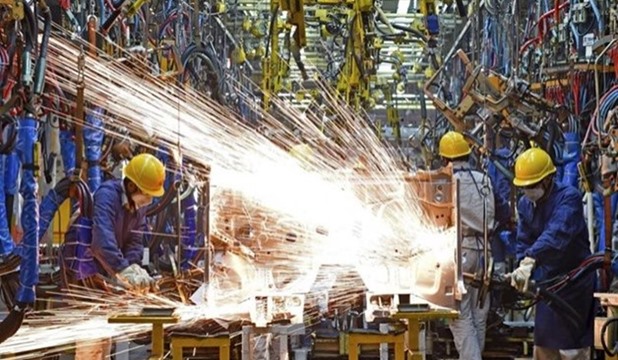Egypt’s Minister of Finance, Mohamed Maait, revealed the Cabinet decree approving the continuation of the initiative to provide soft loans for productive sectors, in accordance with the government’s policies, measures, and procedures to empower the private sector and increase its contribution to economic activity.
The Minister announced a commitment of 120 billion Egyptian pounds in soft loans to bolster agricultural and industrial production endeavours, with an interest cap set at 15 per cent under the initiative aimed at supporting productive sectors, of which 105 billion Egyptian pounds will be earmarked for funding the operating capital, while 15 billion Egyptian pounds will be dedicated to acquiring machinery, equipment, or production lines.
This move by the government aims to alleviate financing burdens, lower production costs, boost exports, and maintain economic growth. The Treasury is set to assume an annual burden of around 8 billion Egyptian pounds, covering the interest rate differential for beneficiaries of this initiative.
Moreover, the Minister clarified that the interest rate will be kept at 11 per cent for current funding and amounts allocated as operating capital to accommodate actual contracts on medium-term financing and also amounts used under credit facilities for operating capital financing.
The minister also pointed out that the government aims to localise production, boost exports, and improve the competitiveness of Egyptian products globally. This utilises strategic geographic advantages and advanced infrastructure to attract investment, streamline procedures for obtaining a ‘golden license,’ and offer tax and customs incentives for key national sectors.
Maait further noted to the financing limits for single entity companies and multi-party entities have been increased from 75 to 100 million Egyptian pounds and from 112.5 to 130 million Egyptian pounds, respectively.
This initiative targets activities such as new and renewable energy, free zone factories, and agricultural cooperative associations. Furthermore, the credit facilities provided cannot be used to repay debts to the banking sector, as the goal is to boost agricultural and industrial production, thereby enhancing local production and increasing export surpluses.


